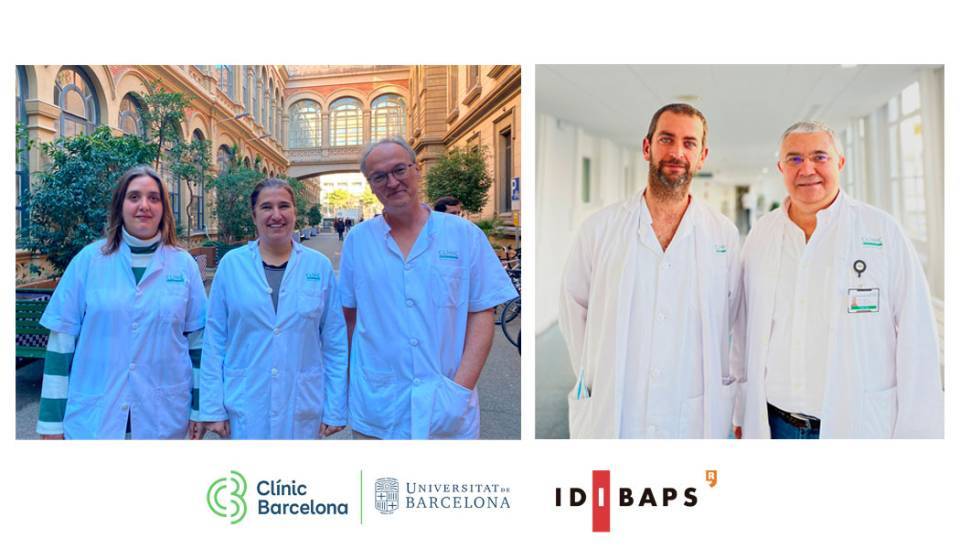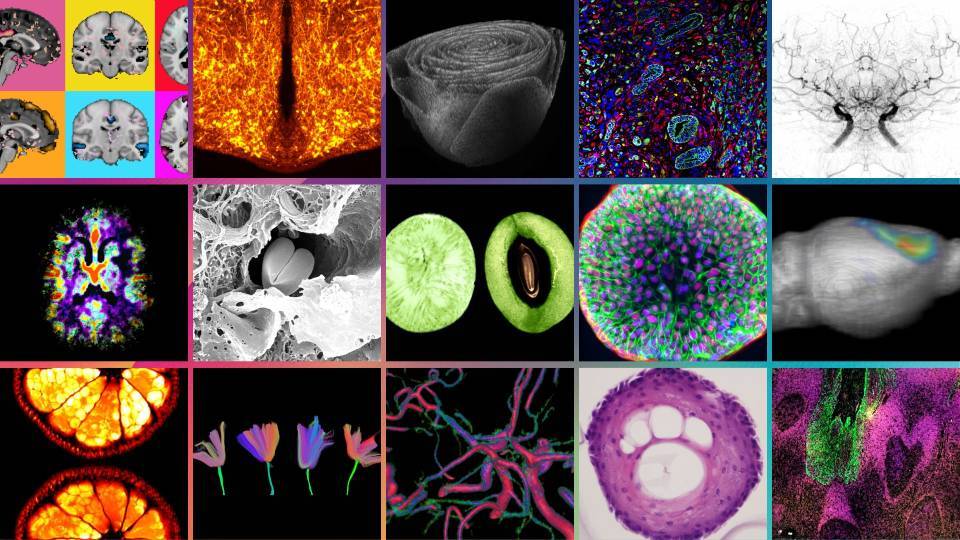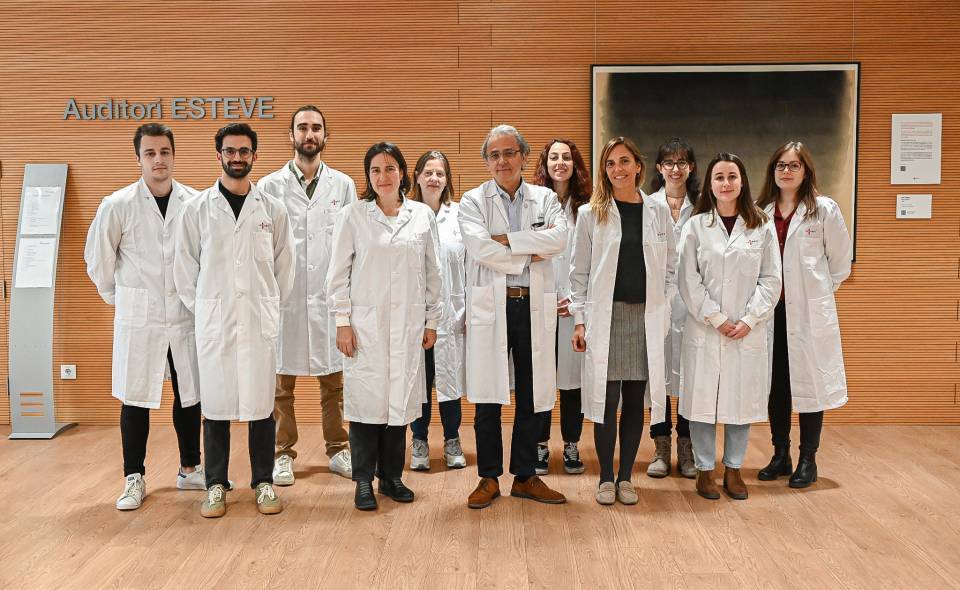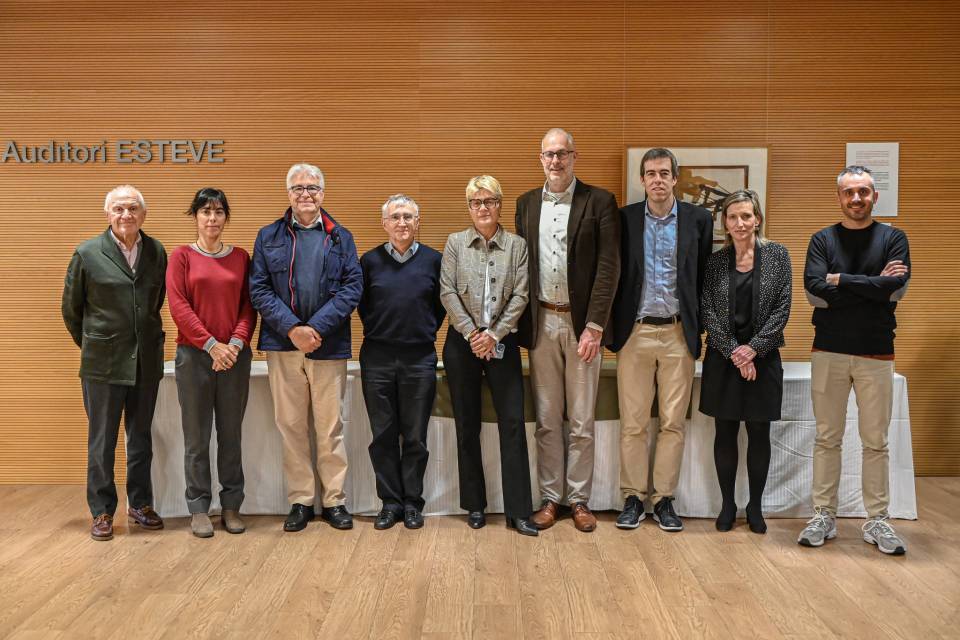Invasive fungal infections are the cause of high morbidity in immunocompromised patients such as cancer patients, bone marrow transplant recipients, or those admitted to an ICU. In recent years, there has been an increase in emerging fungal infections that are often multi-resistant to the antifungal drugs currently available, which are also costly and have significant associated toxicity. All this means that mortality in these patients can exceed 70%.
Modifying lymphocytes to enhance their antifungal capacity
The new immunotherapy aims to enhance the natural antifungal activity of the immune system cells known as Natural Killer (NK) lymphocytes, which serve as a first line of defence against infections and tumours.
To do this, NK cells from healthy donors will be isolated and expanded ex vivo, and then modified to express a chimeric antigen receptor (CAR). On the one hand, this allows them to detect the presence of a unique component of the membranes of all fungi and, on the other, to enhance their ability to kill fungi.
The CAR receptor will be based on a lymphocyte receptor known for its high affinity for the recognition of beta-glucan, a molecular structure that is part of the cell walls of all fungal species, including strains multi-drug resistant to antifungals. The CAR-NK cells will be generated from umbilical cord blood and stored frozen until they are used. This makes it an “off-the-shelf” therapy, in other words ready for immediate use at the appropriate time.
A trial with a new academic CAR
The proof of concept and preclinical phase of the new CAR-NK was developed by IDIBAPS researchers (Francisco Lozano and María Velasco de Andrés). The clinical trial validation will be conducted entirely at the Hospital Clínic Barcelona. It is phase I and will evaluate the safety and potential efficacy of this therapy in 10 patients with fungal infections refractory to conventional therapy.
The trial is currently pending approval by the Spanish Agency of Medicines and Medical Devices (AEMPS) for the clinical-grade CAR-NK cell production protocol (good manufacturing practice, GMP). This production will be carried out in the infrastructure for advanced cell therapies available at the Immunotherapy Unit of the Immunology Service at the Hospital Clínic Barcelona. Patient recruitment is scheduled to begin at the end of 2023, and the first results of the study are expected by the end of 2025.
“Although initially this therapy will only be tested on patients with refractory fungal infections, with a very poor associated prognosis, if its safety and efficacy are demonstrated, it will be extended to any patient with a severe fungal infection”, explain the researchers.
The trial is funded by the Carlos III Health Institute and the Ministry of Science and Innovation with the collaboration of members of the Infectious Diseases Service (Carolina García-Vidal, Pedro Puerta, Álex Soriano), Immunology Service (Francisco Lozano, Manel Juan, Mariona Pascal, Marta Español, Sergio Navarro), Haematology Service (Álvaro Urbano-Ispizúa, María Suárez-Lledó), Microbiology Service (Francesc Marco), and the Intensive Care Unit (Pedro Castro) at the Hospital Clínic Barcelona.




